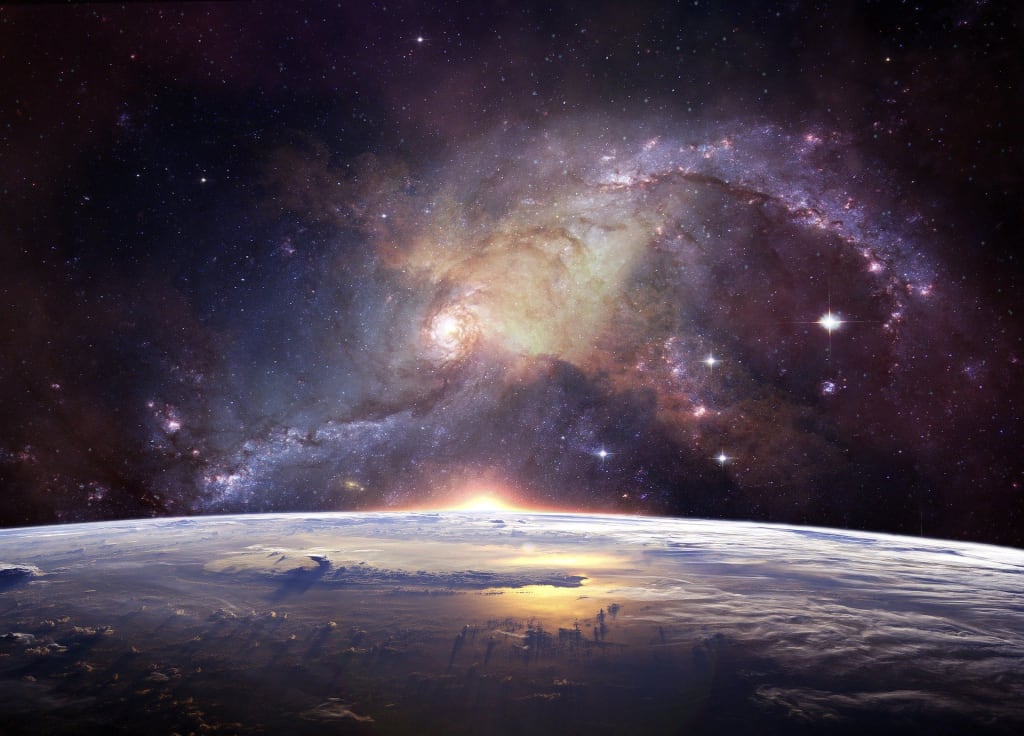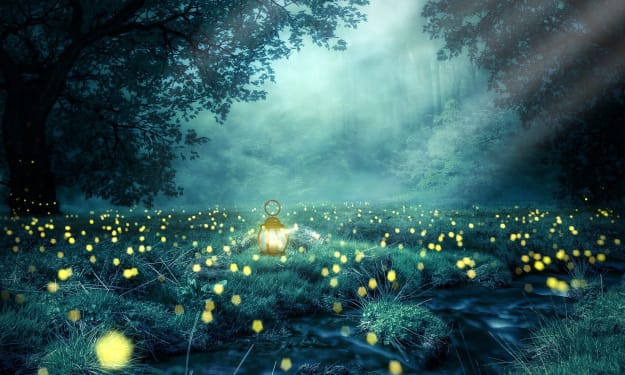
The universe is so vast and mysterious that it’s impossible for any one person to fully understand it. Thousands of years of research and exploration have given us a lot of information about the galaxies and stars that populate our universe, but there’s always more to discover. In this blog post, you will learn new and fascinating facts about the universe that you probably didn’t know before. From strange cosmic phenomena to insider insight into space exploration, there are plenty of exciting things you might not have known about the cosmos.
1. The universe is almost 14 billion years old:
The universe is incredibly old. In fact, scientists believe that the universe is almost 14 billion years old. This is a staggering amount of time and it’s amazing to think that we can know this. When the universe first came into existence, it was a tiny, hot, dense ball of energy. As it expanded, it cooled down and electrons and protons created the very first atoms. From there, the universe continued to get bigger and bigger. Over billions of years, it grew from a tiny dot into the large, expansive space we know it as today. The universe isn’t just expanding – it’s expanding faster than ever. Eventually, it will be so big that we won’t be able to see anything outside of the Milky Way.
2. There’s more matter than we can see in the universe:
One of the most fascinating facts about the universe is that there’s more matter than we can see in it. It’s estimated that there’s about five times more dark matter in the universe than normal matter. This means that even though we can’t see it, it has an enormous impact on the way the universe works. Dark matter does have an impact on the way that normal matter behaves, though. This includes the way that stars and galaxies are formed, how the solar system works and how the universe has evolved over time. You might be wondering, how did scientists find out there was more matter than they could see? Well, they did so by measuring the effects of this matter on other objects in the universe.
3. Scientists have found 7,000 exoplanets so far:
One of the most exciting facts about the universe is how many planets we discover outside of our solar system every single year. In fact, there are so many that scientists estimate that there could be more than 100 billion planets in our galaxy alone. The majority of these exoplanets are in orbit around dwarf stars, which are much smaller than the sun. These stars are the perfect place for smaller planets to form and it’s estimated that there are billions of them in our galaxy alone. Scientists have been able to find these exoplanets by studying the way that they “wobble” their host stars. This is caused by the planet’s gravitational pull and it allows us to see it.
4. Astronauts breathe a mixture of oxygen and CO2 when they travel to space:
When people go to space, they have to breathe a mixture of oxygen and CO2. This is because astronauts need a certain amount of oxygen in their bloodstream. If there isn’t enough in the blood, they could suffer from hypoxia. This is a medical condition where the tissues in the body don’t receive enough oxygen. If astronauts don’t get enough oxygen in their bloodstream, they could get sick or even pass out. The precautions that astronauts take with their breathable air in space aren’t just for their own health, though. This is also done to protect the environment of the space shuttle or space station. The air inside the space shuttle and space station is temperature controlled. If it’s too cold, it could cause condensation to form and this could damage the equipment. When the air is too hot, it could cause the moisture inside the air to turn into harmful fumes. This could pose a risk to astronauts if they breathed in the fumes.
5. Supermassive black holes might be the key to understanding everything in the universe:
Black holes are strange phenomena that exist in the depths of space. They are areas where gravity is so strong that nothing can escape, not even light. Because nothing can get in or out of black holes, scientists can’t study them directly. However, black holes can have a huge impact on their surroundings, including nearby galaxies. When black holes suck up gas and dust, they emit radiation. This radiation travels through the galaxy and can reach the outer edges of the cosmos. Studying this radiation can give scientists access to information about the black hole. They can learn about the black hole’s size, how quickly it’s sucking up matter and how much radiation it’s producing. These supermassive black holes might be the key to understanding everything in the universe. That’s because scientists can use them to study the early days of the cosmos.
6. There are more stars beyond our own galaxy than there are grains of sand on Earth:
There are more stars beyond our own galaxy than there are grains of sand on Earth. That’s right – there are so many stars that we couldn’t even come close to counting them all. Scientists estimate that there are somewhere between 100 and 400 billion stars in the Milky Way. But that’s just in our own galaxy. Beyond our own galaxy, there are an estimated 100 billion galaxies. When you multiply those numbers together, you get 100 sextillion stars. That’s a 1 followed by 22 zeroes! Although we can’t count all of the stars in the universe, we have found ways to estimate how many there are. To do this, scientists can measure the brightness of nearby stars and use that to estimate how many there are.
Conclusion:
These are just a few of the facts that you might not have known about the universe. The universe is an incredibly large and fascinating place, and there is always more for us to discover. This blog post covers the basics of the universe, including its age, the amount of matter it contains, the number of exoplanets we’ve found, as well as other facts. If you’re interested in learning more about the universe, these facts are a great place to start!
About the Creator
PP
Psychology, Horror, fiction, education, poet, and about many crazy topics; I love to create content.
Reader insights
Outstanding
Excellent work. Looking forward to reading more!
Top insights
Easy to read and follow
Well-structured & engaging content
Masterful proofreading
Zero grammar & spelling mistakes
On-point and relevant
Writing reflected the title & theme






Comments
PP is not accepting comments at the moment
Want to show your support? Send them a one-off tip.